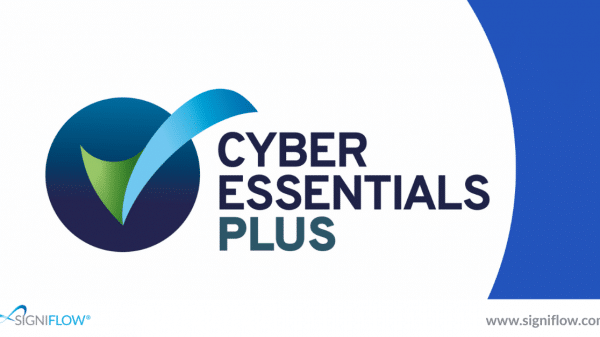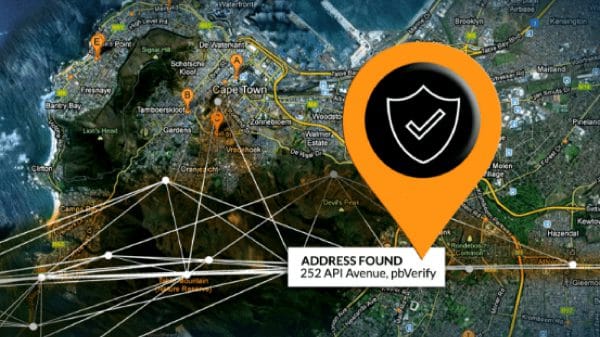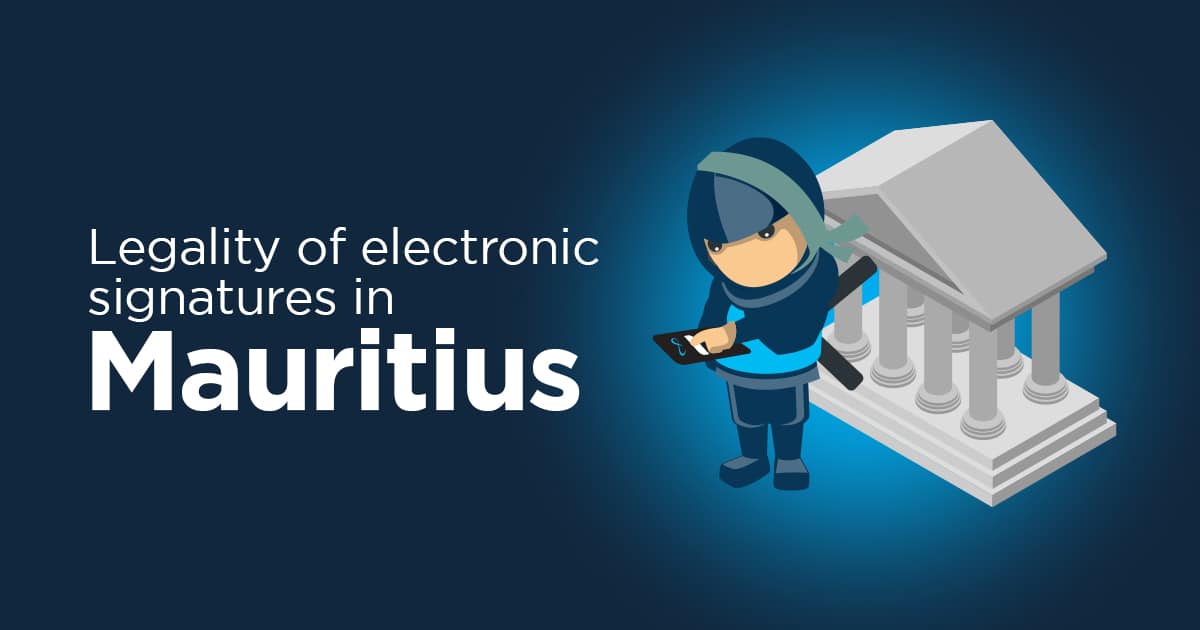The legality of electronic signatures in Mauritius has become an increasingly pertinent topic as businesses and individuals seek more efficient and secure ways to conduct transactions. Understanding the legality of electronic signatures in Mauritius is crucial for companies operating within the jurisdiction to ensure compliance with local regulations. With the rise of digital transformation, the legality of electronic signatures in Mauritius is under constant scrutiny to align with global standards.
Businesses must navigate the legality of electronic signatures in Mauritius to fully leverage digital authentication’s benefits. As we delve into the legality of electronic signatures in Mauritius, we will explore the legal framework, benefits, and practical applications to provide a comprehensive understanding.
Legal Framework
The primary legislation that governs electronic signatures in Mauritius is the Electronic Transactions Act 2000 (ETA). The ETA was enacted to facilitate electronic commerce and ensure the legality and enforceability of electronic transactions. Under this Act, electronic signatures are given legal recognition, provided they meet certain criteria.
Definition and Types of Electronic Signatures
The ETA defines an electronic signature as “data in electronic form, affixed to or logically associated with, a data message. Which may be used to identify the signatory in relation to the data message and to indicate the signatory’s approval of the information contained in the data message.”
There are generally two types of electronic signatures recognised under Mauritian law:
- Simple Electronic Signatures: These include any electronic method that signifies an intent to sign a document. Examples include a typed name at the end of an email or a scanned handwritten signature.
- Advanced Electronic Signatures: These are more secure and involve a higher level of authentication. They typically use cryptographic keys and certificates to verify the identity of the signer. The Mauritian ETA gives significant weight to advanced electronic signatures, especially in legal proceedings, as they provide a higher level of security and authenticity.
Conditions for Validity
For an electronic signature to be considered legally valid in Mauritius, it must satisfy the following conditions:
- Identification of the Signatory: The signature must identify the person who is signing the document.
- Intent to Sign: There must be a clear intention from the signatory to sign the document electronically.
- Integrity of the Document: The electronic signature must ensure that the document has not been altered after the signature was applied.
Advanced electronic signatures often use digital certificates issued by a trusted certification authority to meet these conditions, ensuring the highest levels of security and authenticity.
Benefits of Electronic Signatures
The adoption of electronic signatures offers numerous advantages:
- Efficiency: Electronic signatures significantly speed up the process of signing documents, eliminating the need for physical presence or mailing.
- Cost Savings: Reducing paper usage, printing, and mailing costs translates into substantial savings for businesses.
- Security: Advanced electronic signatures offer robust security measures, including encryption and digital certificates, ensuring the integrity and authenticity of documents.
- Convenience: Electronic signatures allow for remote signing, making it easier for parties in different geographical locations to execute agreements.
Future Prospects
The future of electronic signatures in Mauritius looks promising. As the world becomes increasingly digital, the demand for secure and efficient methods of signing documents will continue to rise. The Mauritian government is likely to keep pace with global trends. This will possibly enhance the existing legal framework to accommodate new technologies and innovations in electronic signatures.
Moreover, the ongoing digital transformation initiatives in Mauritius include the development of smart cities. This expansion of the digital economy will further drive the adoption of electronic signatures. This will streamline business operations and bolster the island nation’s position as a hub for digital innovation in the region.
Conclusion
Electronic signatures have become an integral part of modern business practices in Mauritius. Underpinned by a solid legal framework that ensures their validity and enforceability. With numerous benefits ranging from efficiency to security, electronic signatures are poised to play a pivotal role in the digital future of Mauritius. As technology evolves, so will the ways we authenticate and sign documents. This will pave the way for a more connected and digitally empowered society.



























